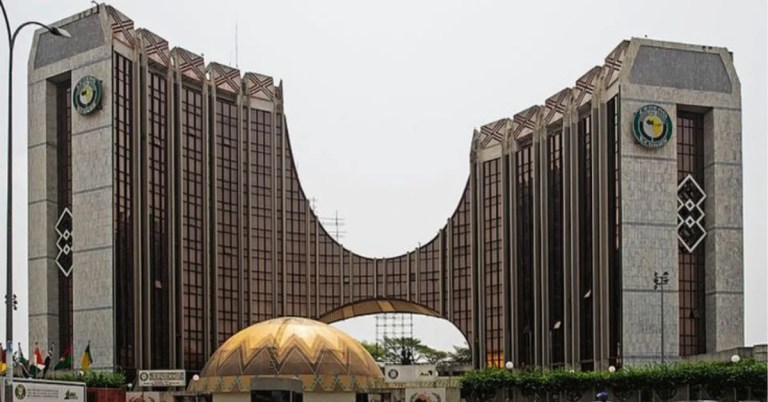The Board of Directors of the ECOWAS Bank for Investment and Development (EBID) has approved $250 million for five member states to boost the oil and gas, energy, road infrastructure and agricultural sectors in those countries.
The beneficiary countries are Sierra Leone, Ghana, Burkina Faso, Nigeria, and Senegal.
The approval is part of the intensified efforts by EBID to invest in key sectors to spur post-COVID-19 pandemic recovery.
The investment is also to mitigate the impact of the Russia-Ukraine war on ECOWAS member states.
The President and Chairman of the Board of Directors of EBID, Dr George Agyekum Donkor, disclosed this at the 79th Session of the Board of Directors of the bank in Lome last Wednesday.
Dr Donkor said the impact of the COVID-19 pandemic and the ongoing Russia-Ukraine war had left many economies in tatters.
He indicated that current market conditions had compelled investors to seek premium on investments in sub-Saharan Africa, thereby increasing the cost of capital.
“That had resulted in dampening economic growth, widespread balance of payment deficits, unfavourable terms of trade, depletion of central bank international reserves, fiscal deficits and debt distress,” the President of EBID stated.
He, therefore, stressed the need for EBID, as the financial arm of ECOWAS, to deepen its financial intermediation in all the critical sectors of member states to assist them to recover from the economic challenges.
Present at the session was the Vice-President of the ECOWAS Commission, Damtien L. Tchintchibidja, who lauded the tremendous impact of EBID’s interventions in the sub-region.
She assured the bank of the commitment of the new administration of the ECOWAS Commission to collaborate and support EBID in its activities, especially in the area of resource mobilisation, to transform the community.
EBID is a leading regional investment and development bank, owned by the 15 ECOWAS member states. Based in the Togolese capital, Lome, the bank is committed to financing developmental projects and programmes.
These range from infrastructure and basic amenities, rural development and environment, industry and social services sectors through to its private and public sector windows.
EBID intervenes through long, medium, and short-term loans, equity participation, lines of credit, refinancing, financial engineering operations and related services.











